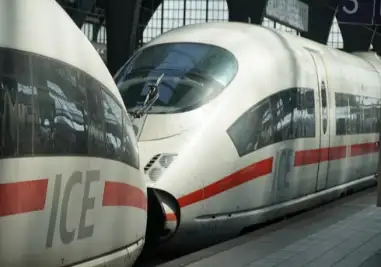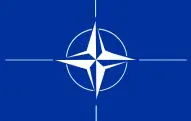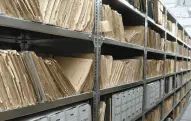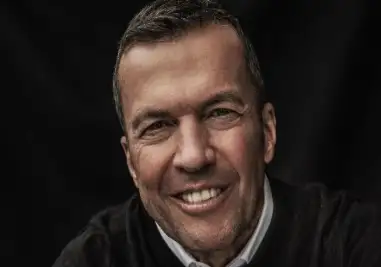Gasoline price record - time for a tax cut?
The oil price has climbed to new heights: At times on Thursday, North Sea Brent cost 120 dollars a barrel (159 liters). This was the highest level in almost ten years. The historic all-time high of 147.50 dollars from 2008, when the world still believed that China's hunger for raw materials was growing endlessly, has not yet been reached again. Nevertheless, the price increase has exceeded almost all predictions made by experts - hardly anyone could have imagined this last year.
On the oil market, they now report the Russian oil trader Trafigura, which failed several times this week to find buyers for its oil, although it wanted to go down in price. "Even without direct sanctions, more and more market participants are shying away from buying Russian oil," reports Carsten Fritsch, an oil expert at Commerzbank.
In addition, the OPEC plus grouping has declared that it will not produce more oil than planned, despite the high price. This became known after an online meeting of the oil states. Accordingly, the countries do not want to expand their output in April by more than those 400,000 barrels per day, which have been fixed for some time. In this group, the classic OPEC countries around Saudi Arabia work together with Russia. Saudi Crown Prince Mohammed bin Salman al-Saud has declared his intention to maintain the partnership with Russia despite the war of aggression on Ukraine.
In part, the oil countries probably don't want to produce more oil because the high price suits them just fine. In part, however, they probably can't do it overnight, according to Giovanni Staunovo, an oil expert at UBS bank. Energy Intelligence estimates that Russian oil exports fell by at least a third this week, or about 2.5 million barrels a day. It said the roughly 1.8 million barrels per day transported through major pipelines has not been affected so far. Of that, one million barrels went to Europe and 800,000 to China. For the rest - crude oil shipped mainly via ports in the Baltic Sea, the Black Sea and the port of Kozmino in Russia's Far East - it is currently difficult to find buyers, he said.
In return, oil reserves of various industrialized countries are released. But that doesn't seem to turn the market around. "Strategic reserves are good for bridging temporary production interruptions, but longer ones are not," says analyst Staunovo. Goldman Sachs oil experts led by Jeff Currie also think only a drop in demand through higher prices could bring the oil market into balance now.
The consequences are being felt at the gas stations. On the commodity markets, the price of so-called gasoil, a preliminary product for diesel production, even increased particularly strongly compared to the previous day. The background to this is apparently that the sanctions are also expected to have an impact on Russian refineries.
In Germany, prices for gasoline and diesel reached new highs. Diesel now costs for the first time on average 1.80 euros per liter, Super E10 more than 1.85 euros. The fact that at some filling stations Super E10 costs more than 2 euros at times during the day has not been a feature for some time. At some highway gas stations, all types of fuel cost more than 2 euros, including diesel. In Constance, the average price for Super E10 is now even more than 2 euros. That has never happened before.



































